Boiler Installation Southend
New Boilers Fitted From £1500
Up to 10 Year Guarantee
Call – 01702 910075
- Up to 12-year guarantee on Boiler installations
- Free no-obligation quotes
- Boilers installed within 48 hours
- Experienced Gas Safe Registered Engineers
- 0% Boiler Finance available
TM Hughes & Son offers professional Boiler Installation in Southend, providing free, no-obligation quotes and installations within 48 hours. Their Gas Safe registered engineers install leading boiler brands, including Worcester Bosch, Baxi, Glow-Worm, Viessmann, Vaillant, and Ideal, with warranties of up to 12 years.

Firstly it’s a great company that do a great job at a fair price. Terry the governor came round 1st to view the job (replacing the boiler and changing the system from a pressure system to a combi system) and I received the price of the work to be done the same night, and was very happy with his work ethics and the quote I received. The work was carried out within a week by one of his engineers called Alex, who knew his job and carried out the work to the highest of standards. I could not recommend this company highly enough.
Thanks for a great job.
Atb, Mr S Randall.
We Are Accredited Boiler Installers For






0% Boiler Finance Available, Buy Now Pay Later Click Here For More Information
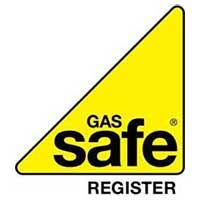


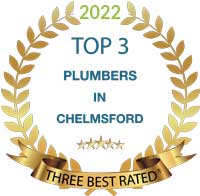



Do You Need A New Boiler?
If so, we would like to offer you a free, no-obligation survey/quote to install your new boiler.
TM Hughes and son Gas Services Ltd have been installing boilers in Southend and the surrounding areas for the past 30 years. We are an established, family-run plumbing and heating company.
If you live in Southend or the surrounding areas, a local, fully qualified gas safe registered engineer can visit your home anytime, and that’s okay with you to conduct the free survey.
Free Boiler Installation Survey/Quote
The engineer will
- Take a good look at your existing central heating system
- Discuss your heating and hot water requirements
- Answer any questions or concerns you may have
- Go through all the possible boiler options with you
- Write you a free no-obligation quote
Boiler Installation Services Include
- Boiler Replacement
- Boiler Upgrades
- Brand New Boiler Installations
- Brand New Central Heating System Installations
- Central Heating System Upgrades/Modifications
- All fuel types Gas, Electric and LPG
Finance Options Available For New Boilers
Finance options are available to help spread the cost of boiler installations without paying everything upfront.
We act solely as an introducer, allowing customers to apply directly with a regulated finance provider. All finance is subject to status and credit checks, with options starting from 0% APR Representative.
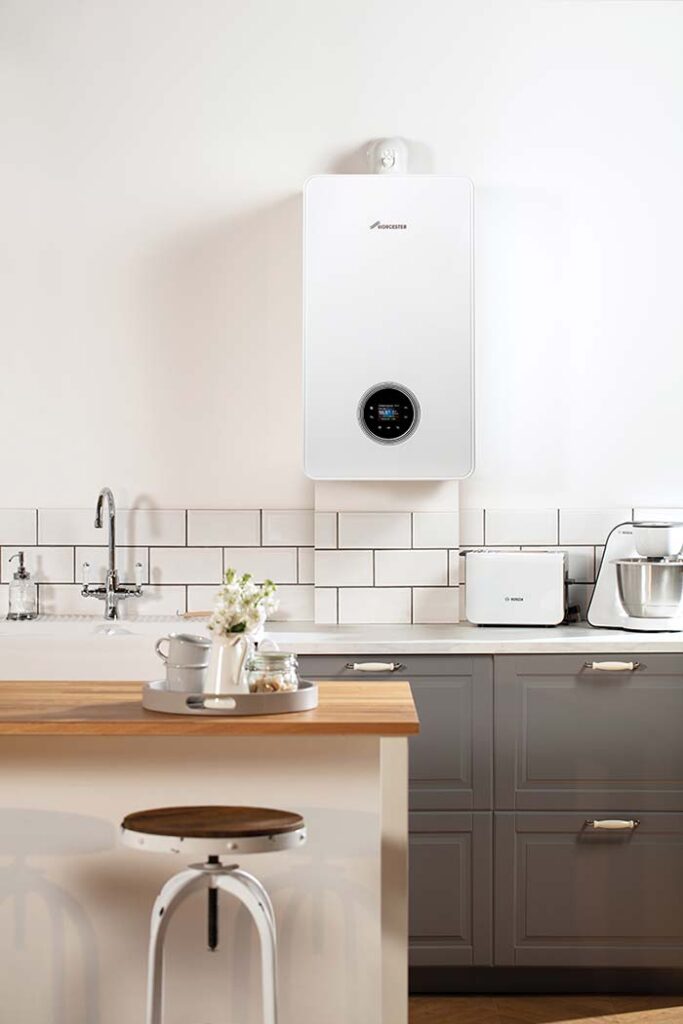
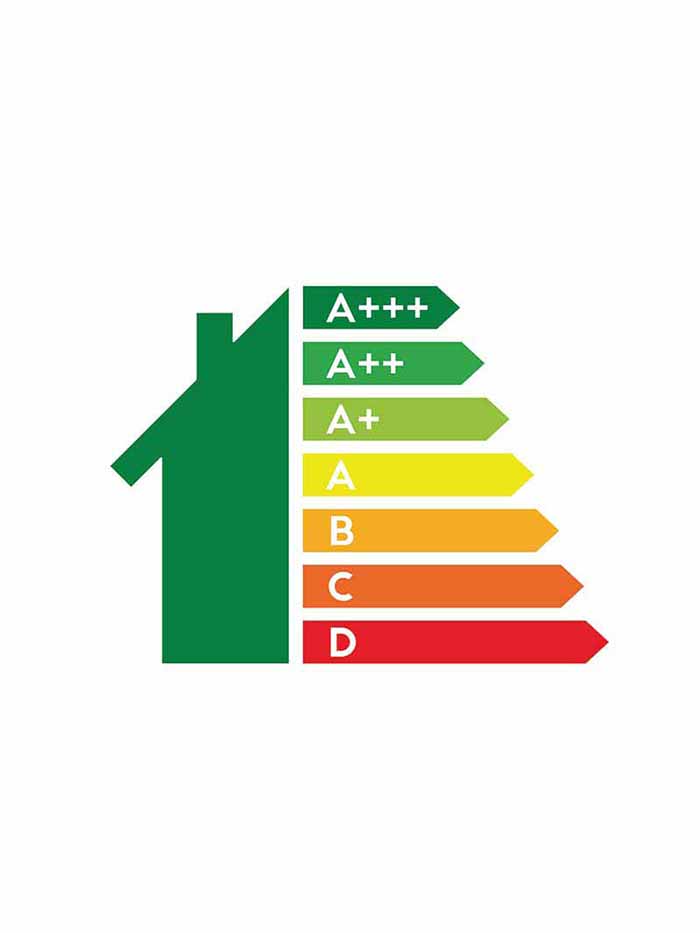
Boiler Replacement
Boiler replacements in Southend On Sea are more common than brand-new installations. Central heating systems (radiators, pipes, cylinders, controls, etc.) last longer than boilers.
Many residents have an old boiler with a perfectly good central heating system. We can remove your old boiler and fit a modern boiler to work with your existing central heating system.
Or we can fit a new boiler and upgrade certain parts of your heating system. Sometimes, replacements require new parts of the central heating system. For example, you may need a new central heating pump and modern controls to work with your new boiler.
Or we can fit a brand new boiler and central heating system.
Whatever your boiler installation needs, we can give you what you want.
First Time Boiler Installations
If you have a newly built property, you’ll require a brand-new boiler central heating system installation.
There are no constraints with existing central heating systems. An expert engineer can design and build the best possible central heating system for your space.
You’ll enjoy optimal heating and maximal energy efficiency.
Extensions
If you’ve had an extension built, you’ll require radiators or underfloor heating in your new rooms.
We can extend your current central heating system to accommodate your new extension or fit a new boiler (if required) up to heating your existing space and your new space.
Installing The Right Boiler For Your Home
Every home is different and, therefore, has different central heating and boiler requirements.
The best boiler for your home will depend on:
- The size of your home
- The number of people living in your home
- The number of bathrooms in your home
- Your hot water needs
- Your heating requirements
- Your current boiler
- Your current central heating system
- Available fuel
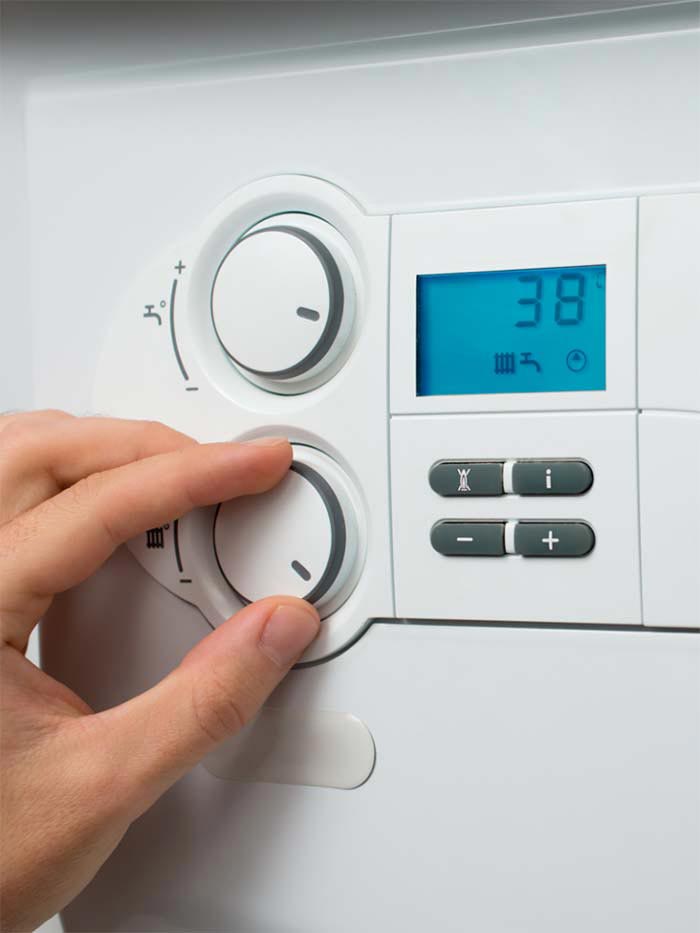
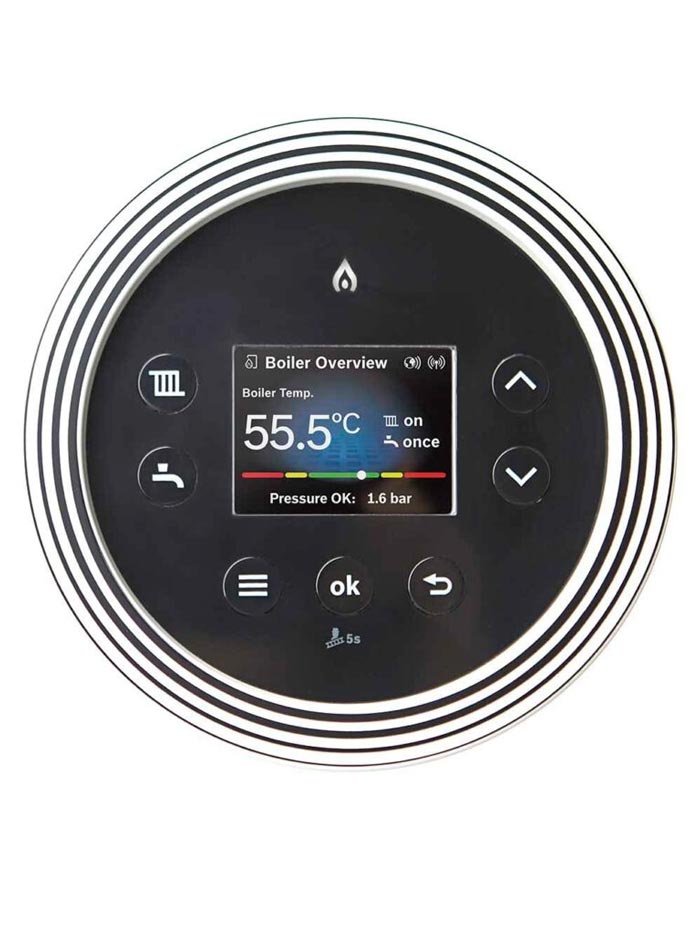
When looking at boilers, it’s easy to get confused. Boilers are an expensive purchase. You must get the right one through your home. Getting the wrong type or size can result in inadequate hot water and heating or wasted energy (and wasted money)
For this reason, you should always have a survey and free quote from a qualified boiler installer who can guide you on the best boiler for your home.
To help you understand better, we’ll go through the different types of boiler available.
The One Thing All Boilers Have In Common
Before we go into the differences between boilers, we’ll start with the one thing boilers all have in common.
All Boilers Are Condensing Boilers
All boilers fitted in domestic properties these days are condensing boilers, a requirement by UK law (non-condensing gas boilers are only allowed in exceptional circumstances). Condensing boilers are the most efficient of boilers. They run at between 90 and 99% efficiency.
Old non-condensing boilers waste 30-50% of fuel, meaning they only run at 50-70% efficiency. A condensing boiler catches flue gases reused to preheat water as it flows into the boiler.
This process creates condensation (this is how the condensing boiler got its name). Condensation is expelled through a condensate pipe that runs outside.
The recycling process is the reason why condensing boilers are so efficient. Installing a new condensing boiler will save you money on your energy bills and reduce your carbon footprint.
Combination, System And Regular Boilers
There are three types of boiler the combination. System and regular boiler. All three are condensing boilers, but they work differently and require different central heating components.
Combination Boilers
Combi boilers produce hot water for your taps and heating system without needing external components such as water tanks and cylinders.
Combi boilers are the most popular of all boilers fitted, accounting for half of all installations around the UK.
Combi boilers are the first choice for homes with limited space. A Combi boiler central heating system only needs the boiler unit, radiators, valves and pipes. They hardly use any space, and the boiler can be placed within a standard kitchen unit.
Combi boilers heat water on demand. The heating element instantly turns cold water from the mains into hot water, then delivered to your hot tap, bath or shower.
Minimal parts allow the combi boiler to be fitted quickly and efficiently — usually the cheapest of all boiler installations.
Combi Boiler Disadvantages
- The hot water pressure is only going to be as good as your mains pressure
- Water pressure may decline when the shower and a hot tap is used simultaneously
- There’s no hot water storage
- It cannot be used as an immersion heater
You’ll need good mains pressure if you want your combi boiler to serve your shower. Otherwise, you’ll find the shower pressure too weak.
One of our engineers can check the main pressure for you to ensure it’s good enough for a combi boiler; otherwise, a system boiler will be required.
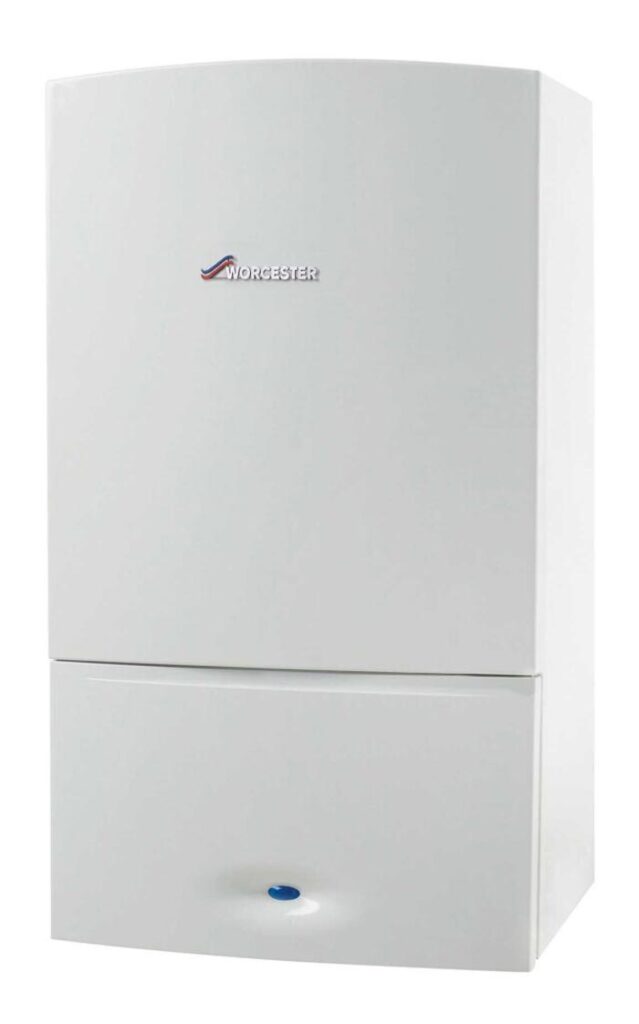

System Boilers
The system boiler heats your central heating system and water. Hot water’s stored in a cylinder, so you have a good supply of hot water on tap at times you require (set by your controls)
System boilers use an unvented pressurised cylinder that doesn’t require feed and expansion tanks in the loft and offers superior water pressure compared to your main supply.
The cylinder can also be used as an immersion heater. If you suffer a boiler failure, switch the immersion on, and you still have hot water.
Combi boilers don’t offer this luxury. You’ll have to wait until the boilers are fixed.
System boilers are more efficient and easier to fit than traditional regular boilers. Many of the external components required for a traditional central heating system are included within the system boiler.
System boilers are an excellent choice for medium to large-family homes with more than one bathroom and the space available to house the pressurised cylinder.
System Boiler Disadvantages
- Cupboard space is required for the pressurised cylinder
- Waters is not instant. If you use all the hot water, you’ll have to wait for the new water in the cylinder to reheat
- Cylinders suffer from heat loss (insulate with a jacket to minimise heat loss)
- More expensive to fit than combi boilers
Regular Boilers
Regular boilers are often found in older properties. They utilise an unvented hot water cylinder, which requires a cold water cistern and expansion tank (usually in the loft).
Regular boilers are also known as traditional or standard boilers. They heat water for the central heating system and store hot water in a cylinder (as a system boiler does). The cylinder’s not pressurised and works with gravity.
Regular boilers are different to system boilers. The cylinders are fed by a cold water tank located in the loft and work with gravity.
Regular boilers require the most parts and space. If you live in a small to medium-sized home with a traditional boiler system, upgrading to a modern combi or system boiler might be best to save space and money.
After reading this, you may think that regular boilers are defunct. That’s not the case.
Regular boilers are excellent for supplying hot water to multiple taps simultaneously, so they are ideal for larger properties with multiple bathrooms. Regular boilers are also easy to fit into old central heating systems.
Disadvantages Of Regular Boilers
- Regular boiler systems take up the most space.
- Regular boiler installations are the most complex and usually the most expensive.
- Waters not instant
- Cylinders suffer heat loss (again insulate with a jacket)
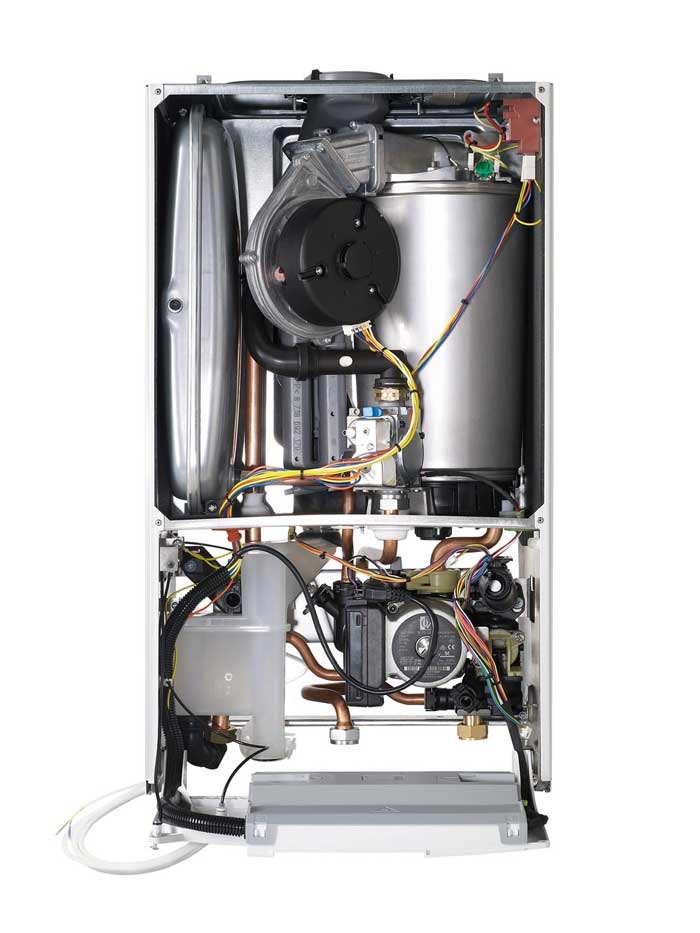
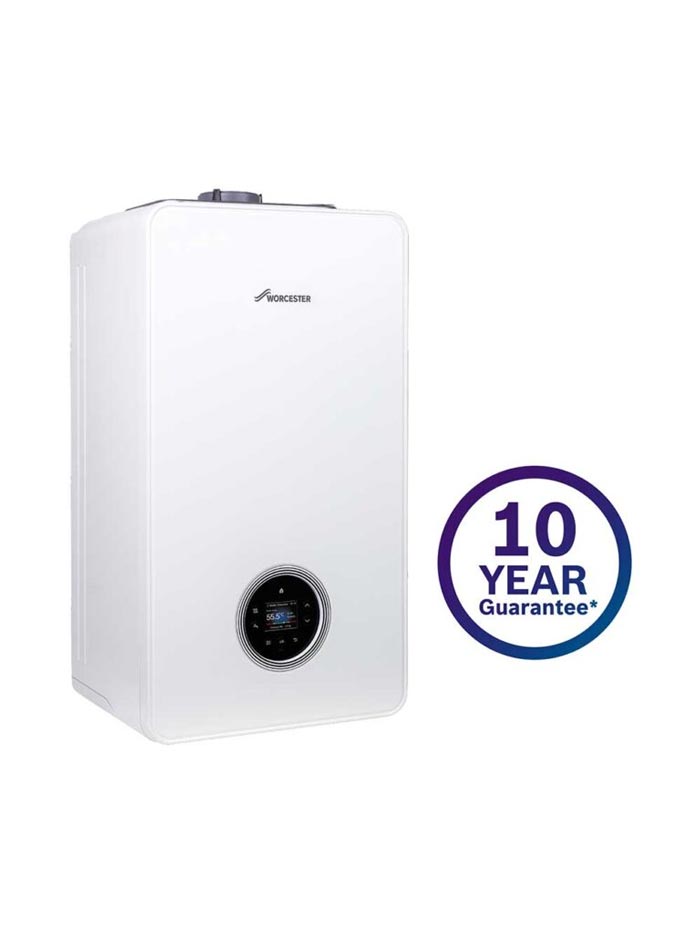
Boiler Sizes, Output & Flow Rate
Combination, System and Regular boilers are available in different sizes.
Boiler size determines the output and flow rate, the capacity of the boiler to supply the radiators and hot water around the home.
Boiler size is an important factor.
- Too small, it won’t be powerful enough to meet your heating/hot water demands enough
- Too large, and you’ll waste energy and money
Boilers are available in three sizes
- 24-27 kW for small homes with up to 10 radiators
- 28-32 kW for medium homes with up to 15 radiators
- 35-42 kW for the largest of households with over 15 radiators
Who Makes Boilers?
Many different companies make boilers. Popular Boilers are Baxi, Vaillant, glow-worm, Potterton and Worcester Bosch ( we are Worcester Bosch accredited installers).
We install most makes of boilers in properties in Southend and the surrounding areas. These include
The Boiler Survey
An engineer can visit your home to survey at a convenient time (let us know, and we’ll book you in).
Our engineer will look at your existing system, ask you some questions and answer any questions you may have.
Once the essential details are established, you’ll be given various options regarding a new boiler installation. Then, you’ll be written a free, no-obligation quote.
All our engineers are gas-safe, registered, friendly and professional. You’ll be dealing with someone who has undertaken many boiler installations in and around Southend over the years, not a pushy salesman.
We want you to hire us because you feel we’re the best gas engineers and have quoted a fair price.
Installation Day
If you’d like to hire us to install your new boiler, we can confirm the best date for you.
We’ll then get everything ready. We’ll order the boiler and parts.
Next, we’ll create a plan of action to fit your new boiler most efficiently.
On the day, you’ll experience as little disruption as possible while the boiler is fitted.
Once fitted, we’ll thoroughly test the boiler and adjust your central heating system to ensure everything works as it should. You can then relax and enjoy your new boiler for years to come.
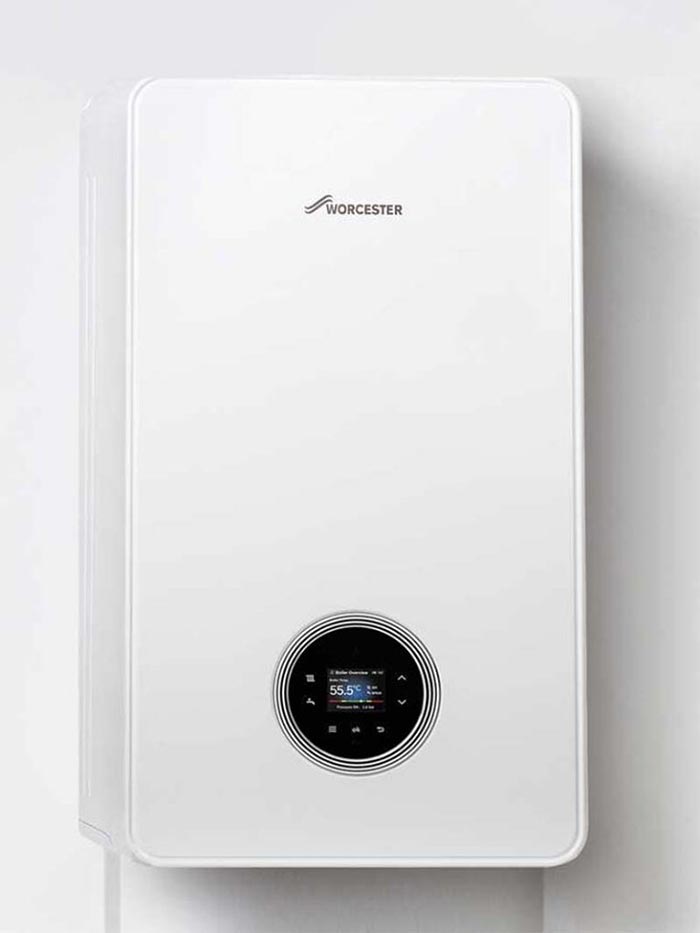

Hi, I’m Terry, the founder and owner of TM Hughes & Son Gas Services
Please get in touch to book an appointment or receive a free, no-obligation quote
Call – 01702 910075
Email – info@tmhughesandson.uk






